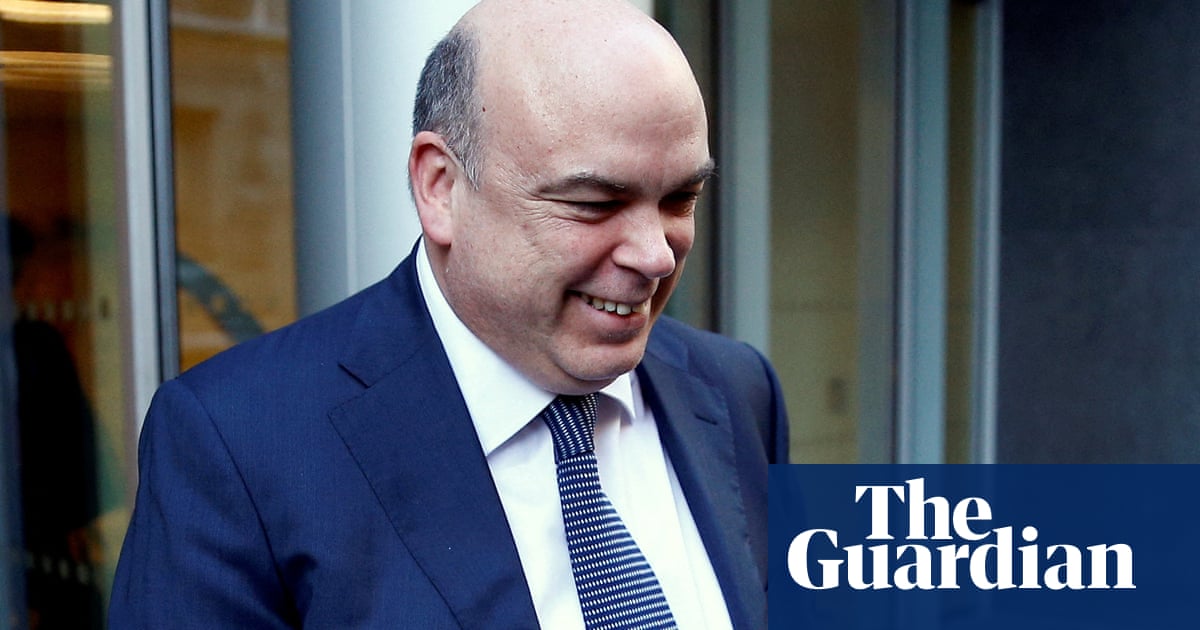
In a landmark decision, UK tech tycoon Mike Lynch was acquitted of all fraud charges in a San Francisco federal court on June 6, 2024. The jury found him not guilty of falsely inflating revenue at Autonomy when he sold it to Hewlett-Packard for $11 billion in 2011. HP had taken an $8.8 billion accounting charge on the acquisition due to serious accounting improprieties, which were not mentioned in detail in other articles.
Lynch, who faced decades in prison if convicted, had initially been charged with 16 counts of fraud and conspiracy. One fraud charge was eventually dismissed before the trial began. The verdict is a significant milestone for Lynch's decade-long quest to clear his name.
HP acquired Autonomy in 2011, paying a premium price of $11 billion to transform itself into a high-growth software provider. However, questions soon emerged about the accuracy of Autonomy's financial figures. HP subsequently accused Lynch and his associates of providing misleading information about the company's finances.
The jury deliberated for several hours before delivering their verdict, which was met with relief from Lynch and his legal team. The former CEO maintained his innocence throughout the trial, stating that he had little knowledge of Autonomy's day-to-day business dealings or accounting practices. He delegated tasks to other executives and employees.
Prosecutors called Lynch the 'driving force' behind a years-long fraud, laying blame squarely at his feet as the CEO. They called over 30 witnesses, some of whom had difficulty recalling specific conversations or decisions made nearly a decade and a half ago. The central claim by the US government against Autonomy involved alleged concealment of sales of hardware and software as a package to artificially boost sales.
Lynch's attorneys declared that the jury had delivered a 'resounding rejection' of the government's 'profound overreach' in this case. They stated, 'The evidence presented at trial demonstrated conclusively that Mike Lynch is innocent.'
Mike Lynch was once hailed as a great success of the British technology industry, earning an Order of the British Empire in 2006 and elections as a fellow to both the Royal Academy of Engineering and the Royal Society in 2008 and 2014, respectively.

